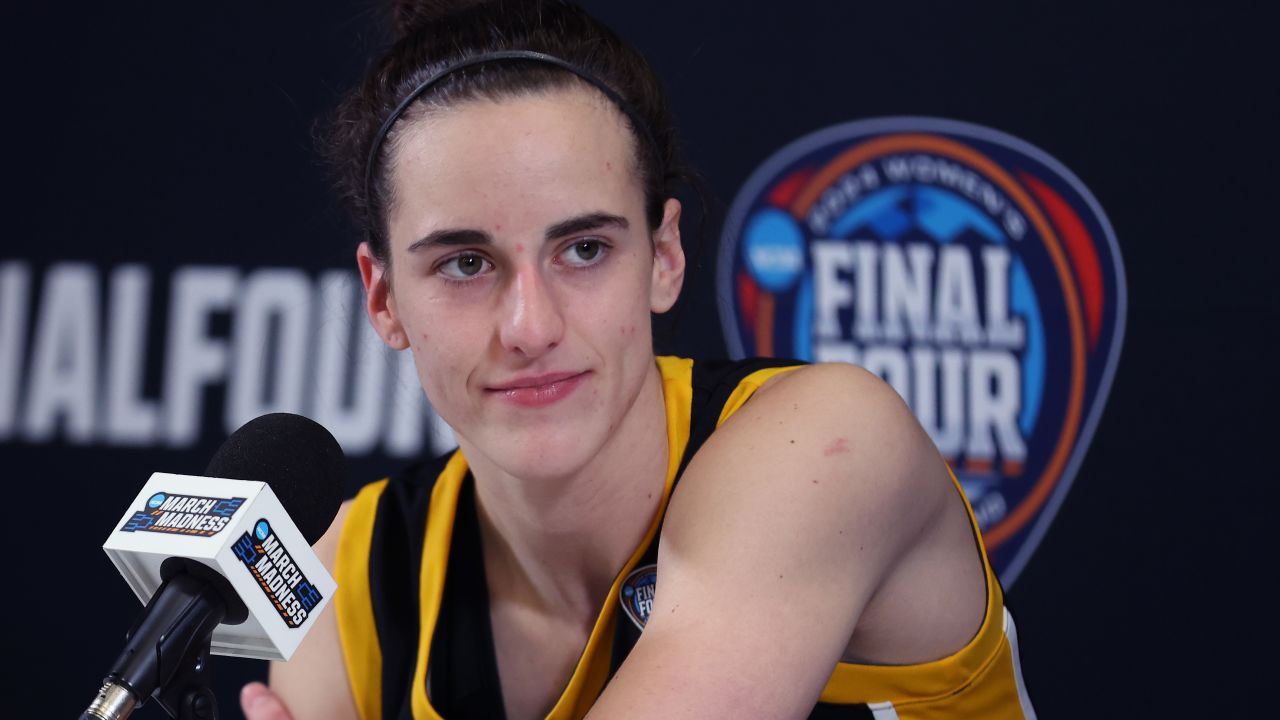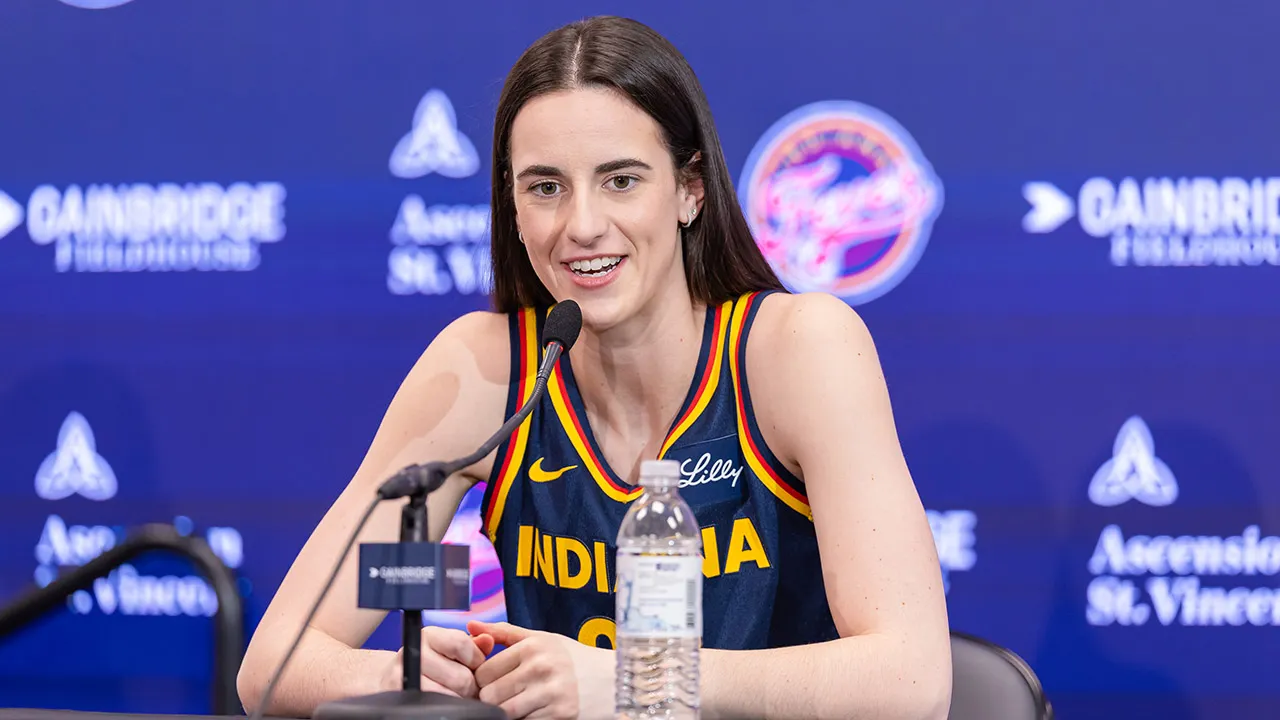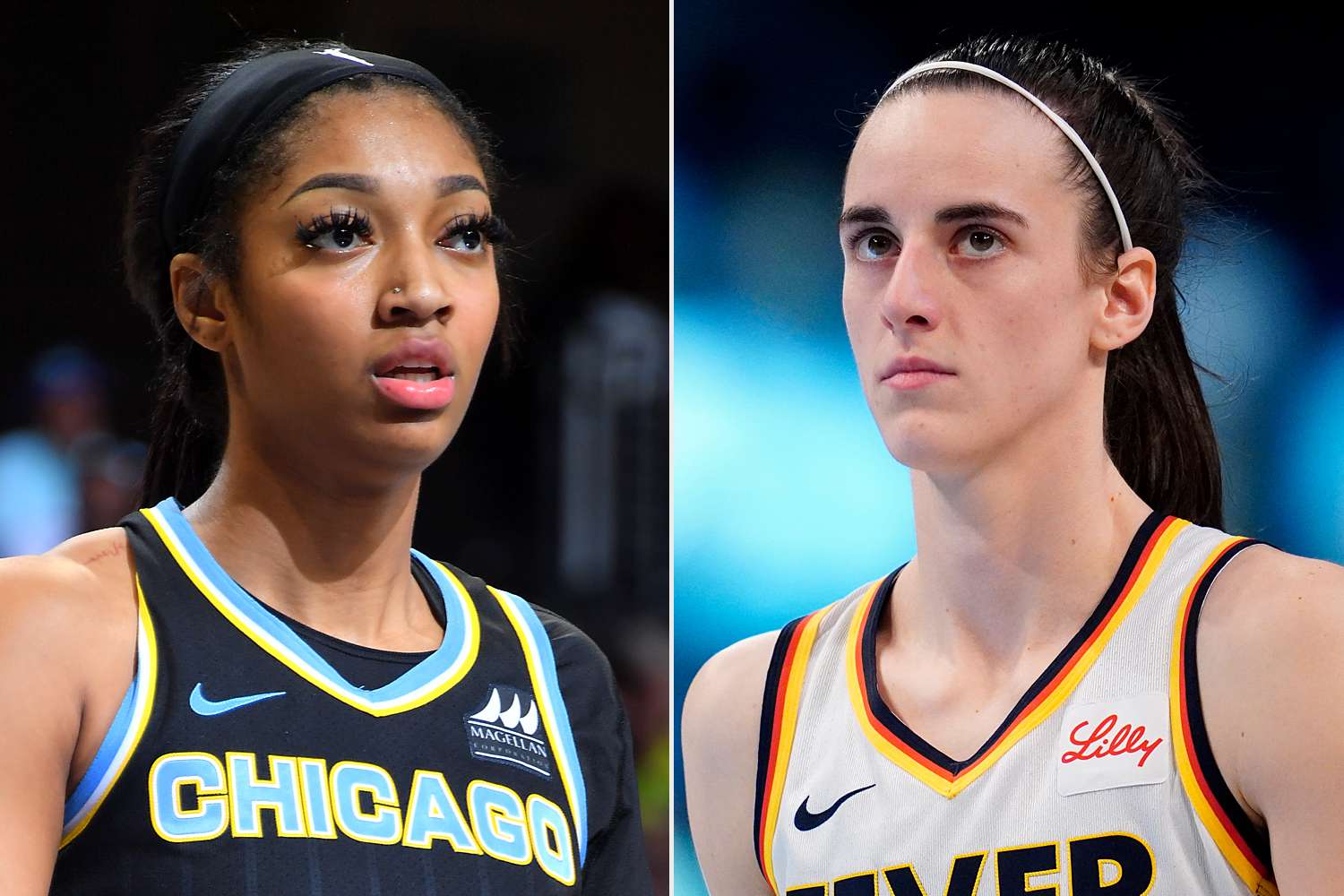Since becoming the No. 1 overall pick, Indiana Fever guard Caitlin Clark has had a transformative impact on the WNBA, attracting unprecedented crowds and breaking viewership records. She’s played a pivotal role in drawing new attention to the league. Her former college rival, Chicago Sky forward Angel Reese, has also become a superstar. From the start, the rivalry between Clark and Reese sparked intense competition between their fanbases. As both vie for WNBA Rookie of the Year, the trash-talking sometimes escalates beyond a healthy rivalry. During a September 9 appearance on CNBC’s “Lunch Hour,” WNBA Commissioner Cathy Engelbert was asked about managing the situation, as fans’ misogynistic and racist remarks have become a key issue. Contrary to what some may have expected, Engelbert didn’t condemn these divisive fans outright, noting that, ultimately, rivalries drive business.
WNBA Commissioner, Cathy Engelbert on the toxicity that’s spawned from the Caitlin Clark and Angel Reese rivalry. Seems to me the WNBA media who keeps chastising the fans, is running counter to what the commissioner wants. Let me know what you think. #WNBA #feverrising
Full… pic.twitter.com/N67HN0n6Vn
— Ken Swift (@kenswift) September 9, 2024
“The one thing I know about sports is that rivalry is essential,” Engelbert said. “That’s what draws viewers. People want to watch meaningful games between rivals, not just athletes being overly polite.” She likened the rivalry between Reese and Clark to the legendary Larry Bird and Magic Johnson era when they joined the NBA in 1979. “Both rookies came from a major college rivalry—one white, one black—and we’re seeing a similar moment now.” While acknowledging that social media wasn’t around back then, Engelbert shared her advice to Clark and Reese when online comments get ugly: “I always tell the players, if you wouldn’t ask for someone’s advice in real life, ignore what they’re typing.” She also highlighted the financial surge the WNBA has seen since Reese and Clark joined, noting an increase in marketing dollars and corporate sponsorships. “Brands are stepping up to endorse these players much more than five years ago because they recognize the value of diverse women representing their brands.”



